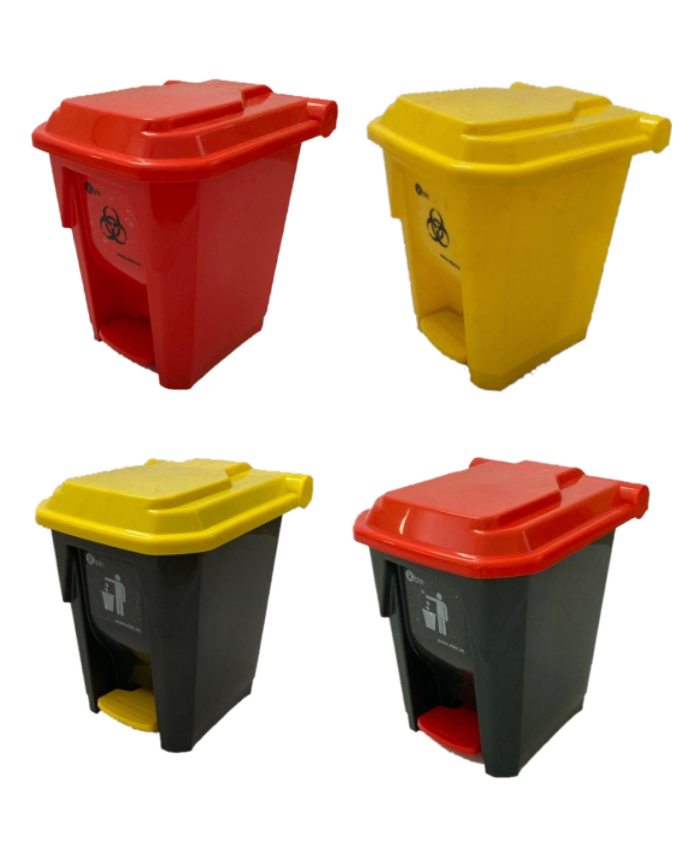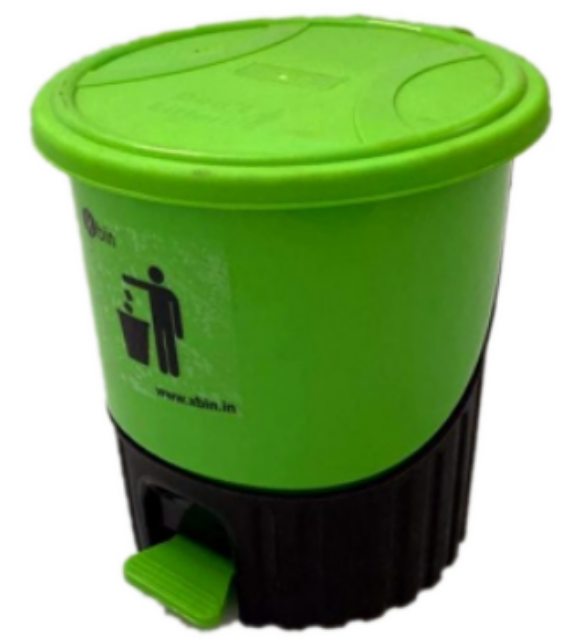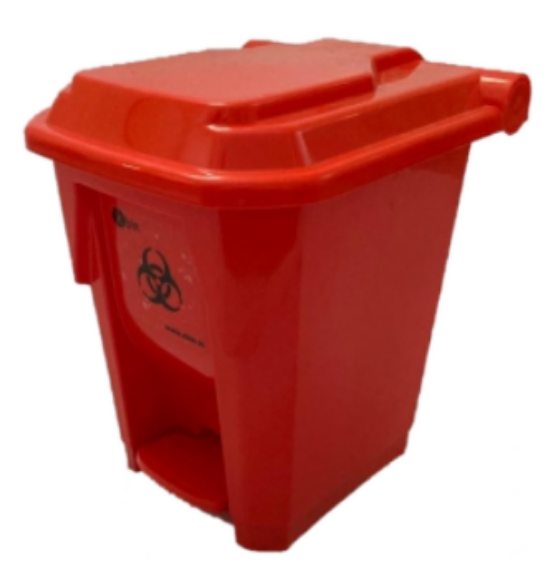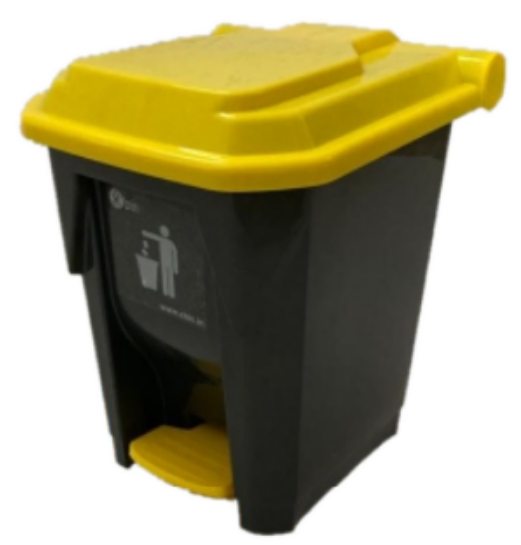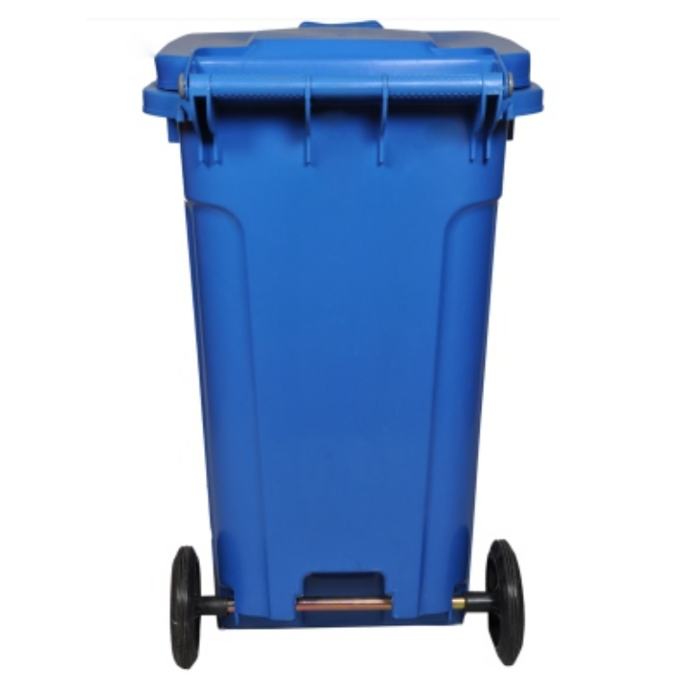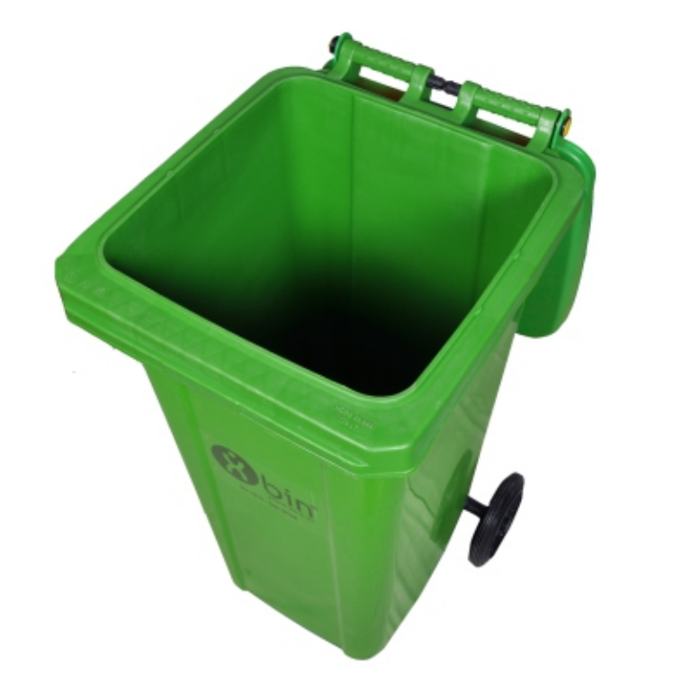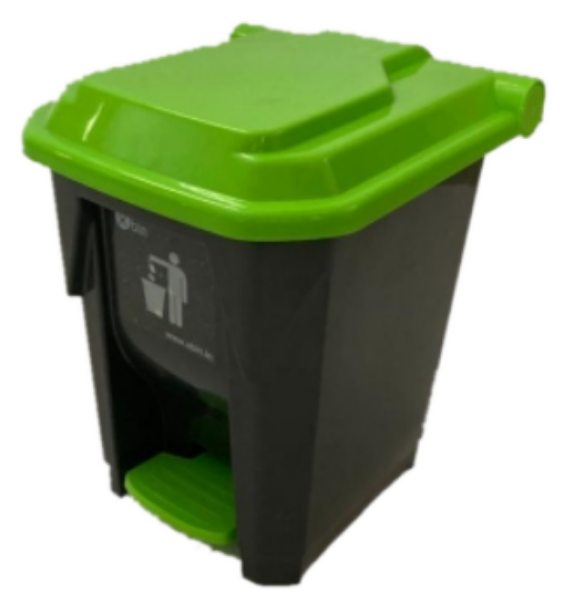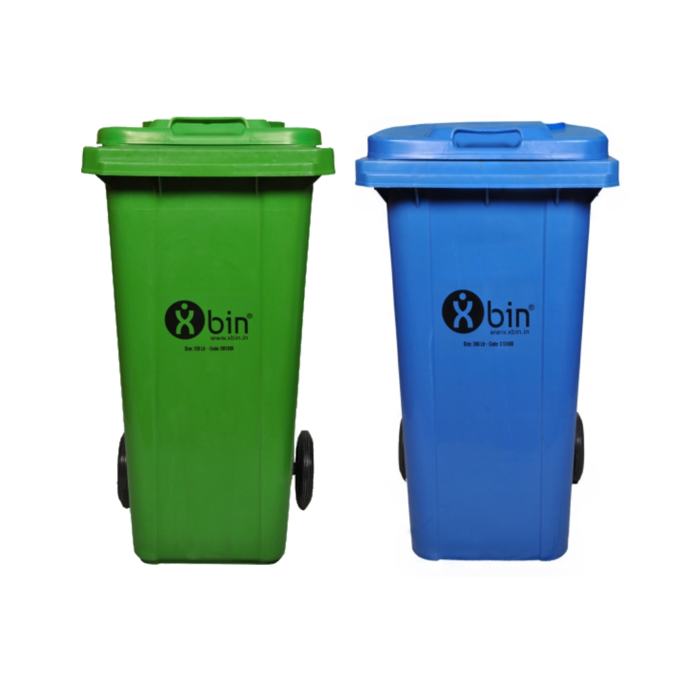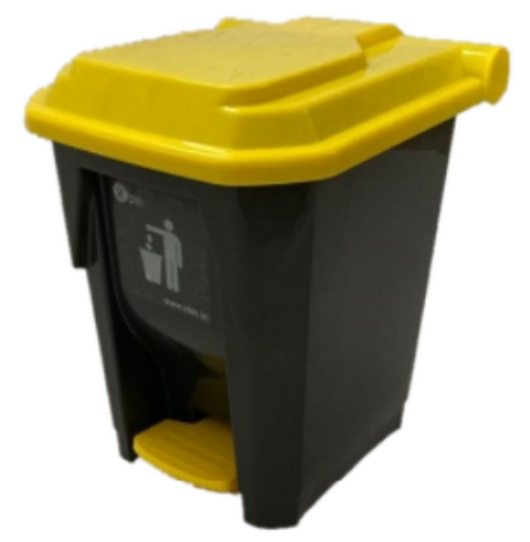What are the benefits of Sustainable Waste Management Dustbin?
Sustainable Waste Management Dustbin has many benefits for both the environment and the community. Some of these benefits include:
- Reducing pollution: Waste Management Dustbin can help to reduce the amount of pollution that is released into the environment, such as air, water, and soil.
- Protecting natural resources: By reducing the amount of waste that ends up in landfills, we can help to conserve natural resources such as water, timber, and minerals.
- Improving public health: Poor use of Waste Management Dustbin can lead to the spread of disease and contamination of air, water, and soil, which can negatively impact public health. Proper use of waste Management Dustbin can help to prevent these negative health impacts.
- Reducing greenhouse gas emissions: Landfills are a significant source of greenhouse gas emissions, and reducing the amount of waste sent to landfills can help to reduce these emissions.
- Creating jobs: Implementing sustainable waste management practices can create jobs in industries such as recycling, composting, and waste-to-energy conversion.
- Saving money: By reducing the amount of waste that is generated and finding ways to reuse or recycle materials, communities can save money on waste disposal costs.
How to choose the right dustbin?
When choosing a dustbin, there are a few things you should consider::
- Size: Make sure the Waste Management Dustbin is the right size for your needs. If it's too small, it will fill up quickly and need to be emptied more often. If it's too large, it will take up unnecessary space and be difficult to move.
- Material: Waste Management Dustbins are made from a variety of materials including plastic, metal, and wood. Consider the durability and maintenance requirements of each material when making your choice.
- Lid: A dustbin with a lid will help contain odors and prevent pests from getting into the trash. Choose a dustbin with a tight-fitting lid to ensure that it is effective.
- Portability: If you need to move your dustbin around, choose one with handles or wheels for easy transportation.
- Price: Determine your budget and look for a dustbin that fits your price range.
- Style: Choose a dustbin that fits in with the style of your home or office. There are many different designs to choose from, so you should be able to find one that suits your tastes.
Where should you place the waste Management Dustbin?
It's best to place dustbins in a convenient location that is easily accessible to all users. Consider the following when determining the best location for your dustbin:
- Proximity to the source of the waste: Place the dustbin as close as possible to the source of the waste to encourage people to use it.
- Accessibility: Make sure the dustbin is easy to reach and can be opened without any difficulties.
- Convenience: Consider the most convenient location for the dustbin, taking into account the needs of the people who will be using it.
- Hygiene: Choose a location for the dustbin that is away from food preparation areas to prevent contamination.
- Aesthetics: Consider the appearance of the dustbin and its surroundings. Choose a location that is not highly visible if you are concerned about the appearance of the dustbin.
In general, it is best to place the dustbin in a location that is easily accessible to all users and away from food preparation areas to ensure that it is used effectively and hygienically.
What are good dustbin habits?
There are a few habits that can help you use your dustbin effectively and maintain a clean and hygienic environment:
- Use the dustbin regularly: Don't let trash accumulate, as this can lead to odors and attract pests.
- Keep the dustbin clean: Regularly clean the inside and outside of the dustbin to prevent odors and the build-up of germs.
- Sort your trash: Follow your local waste management guidelines and sort your trash into different categories, such as recyclables, compostable, and non-recyclables. This helps to reduce waste and protect the environment.
- Use a garbage bag: Line your dustbin with a garbage bag to make it easier to clean and to contain any spills or leaks.
- Close the dustbin lid: Keep the dustbin lid closed to contain odors and prevent pests from getting into the trash.
By following these habits, you can help to keep your environment clean and hygienic, and reduce the impact of waste on the environment.
